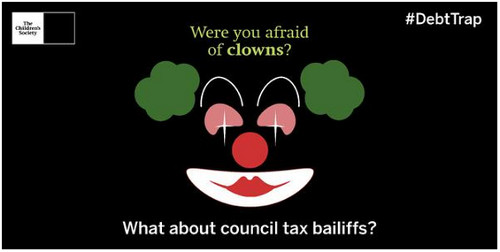This week we look at how mental health charities, including Mind, have responded to a concerning trend on Twitter following the departure of a member of the band One Direction, as well as campaigns by both Children’s Society and Brain Tumour Research.
Mind responds to #cut4zayn
Following the announcement of that One Direction member Zayn Malik had left the band, the hashtag #cut4zayn began trending, encouraging fans of the band to self harm.
Mental health charity Mind responded by saying that self-harm is “an incredibly serious problem and should never be trivialised”. It went on to say “We urge those using Twitter or other social media sites at this time not to engage with posts that promote harmful behaviour, and to report any activity that causes them concern”.
It also said "Upsetting life events can spark feelings of distress or anxiety and it’s important to seek help if you are going through a difficult time.
"While friends and family may be your first port of call, Mind's website has comprehensive information on depression, self-harm and other mental health problems, and the Samaritans provide a phone and email service.”
Why we love it: Mind has successfully stated that mental health is not a trivial issue by responding to a trending hashtag, and alerting those that may need it to the services it offers.
Children’s Society on 'bailiffs shouldn’t be scaring children'
The Children’s Society has launched a social media campaign to coincide with its report The Wolf at the Door: How council tax debt collection is harming children. It released a series of infographics on Twitter, with the hashtag #DebtTrap, featuring images that children would traditionally find scary, such as wolves and clowns, with taglines such as “Clowns can be scary, but bailiffs shouldn’t be scaring children”. This highlights the point of the report - children and teenagers should not be in situation where they are scared of bailiffs appearing at the door.
Why we love it: It is a great use of infographics and successful at drawing attention to the charity’s campaign to stop councils sending bailiffs to homes with children. It also works because, quite simply, clowns are terrifying.

Wear a Hat Day for Brain Tumour Research
Brain Tumour Research has produced a film to promote today’s Wear a Hat Day, which is to raise awareness and money for research into brain tumours.
The video features eight-year-old Phoenix Pearman, who lost his father to a brain tumour three years ago. The charity is also encouraging people to take hat selfies on the hastag #wearahatday.
Why we love it: The film is the right balance of emotional and informative, and uses storytelling to get the message across.









